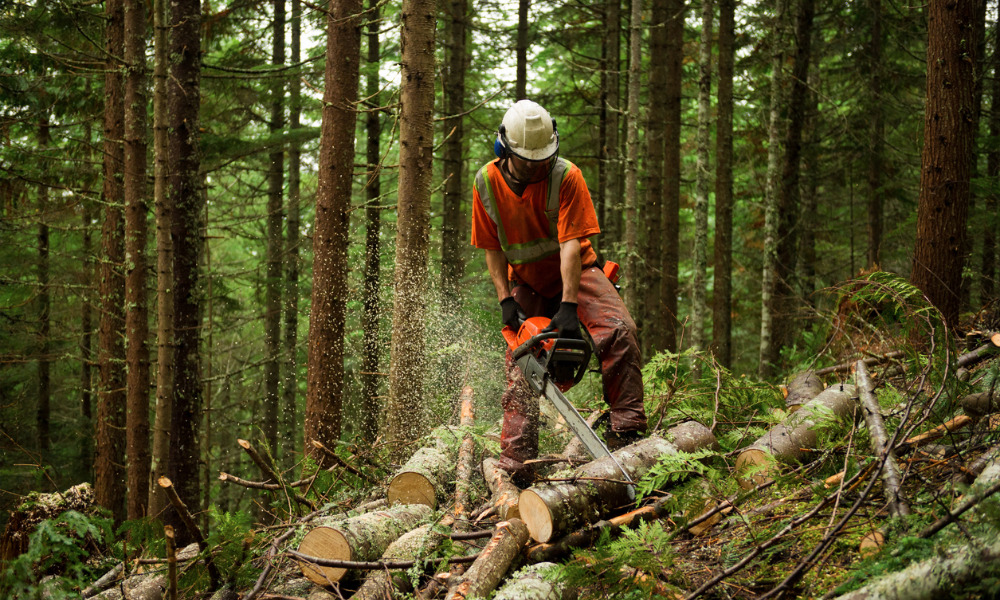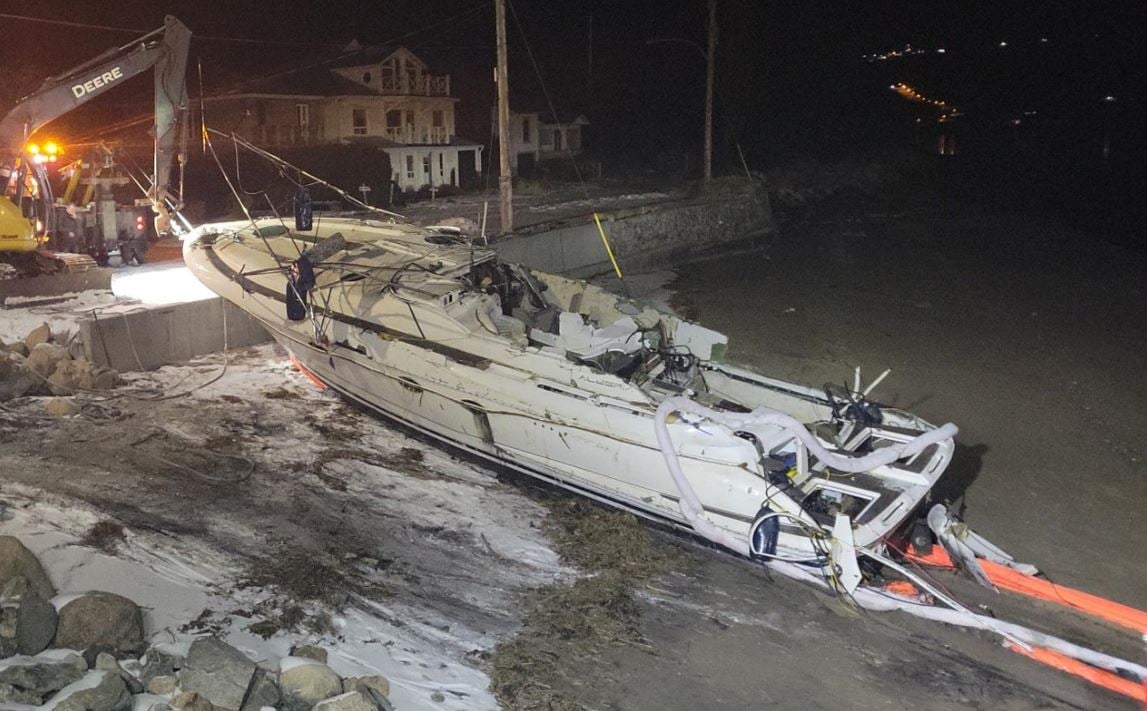‘If you treat SIFp events as if they did result in a life-altering injury or a fatality, you will discover a deeper level of preventative corrective actions will result’

Some Manufacturing Advisory Group (MAG) Companies are developing a system which looks to prevent incidents in the forestry industry by prioritizing safety resources based on Significant Incident Failure Potential (SIFp) events, according to a BC Forest Safety Council report.
“Treating SIFp events like any other incident is a mistake. Instead, if you treat SIFp events as if they did result in a life-altering injury or a fatality, you will discover a deeper level of preventative corrective actions will result,” said Andrew Horahan, vice president of western operations at Interfor. Interfor is one of the companies working on the project.
Identifying SIFp events is intended to flag events that are categorically of higher risk, even though these events may be overlooked or excluded from the Medical Incident Rate (MIR), according to the report, noting that for years, the forest industry has paid close attention to the MIR and the contributing recordable injuries. SIFp events deserve to be investigated on causal analysis and recommendations to prevent recurrence, said the report.
The council noted that a SIFp event is one where (1) had circumstance been slightly different, could have resulted in a significant injury or fatality and (2) if repeated one hundred times, will eventually lead to a significant injury or fatality. For example, hoist equipment falling when a strap broke, narrowly missing crushing the worker who was scratched on the arm during the event, and a forklift spilled three lumber packages across the main designated crosswalk.
MAG Companies are looking at “High Risk” areas of exposure and are putting potential SIFp exposures into categories to make identification, classification and tracking of SIF’s easier for their organizations. These categories include Combustible Dust, Fire or Explosion, Lockout and Lifting or Rigging, among others.
“Focusing on SIF potential brings more awareness to those connected to safety to remove the ‘we were lucky’ from an incident,” said Nick Arkle, Gorman Group CEO. “It now becomes: if the circumstances had only been slightly different, we could have experienced a fatality. It focuses all efforts on eliminating those root causes.”





